Every moment of our lives is priceless.
All too often, we let time slip through our fingers like fine gold, at the risk of finding ourselves empty-handed at the end of our lives. That’s why it’s important to be aware of every second that passes.
In her book The top 5 regrets of the dying, palliative care nurse Bronnie Ware shares the touching and inspiring stories of her patients who regret not having made decisions that deeply affected them.
People grow up a lot when they are confronted with their own mortality. Some transformations have been phenomenal. Each of my patients experienced a variety of emotions, as expected: denial, fear, anger, remorse, more denial, then finally, acceptance.
Bronnie Ware
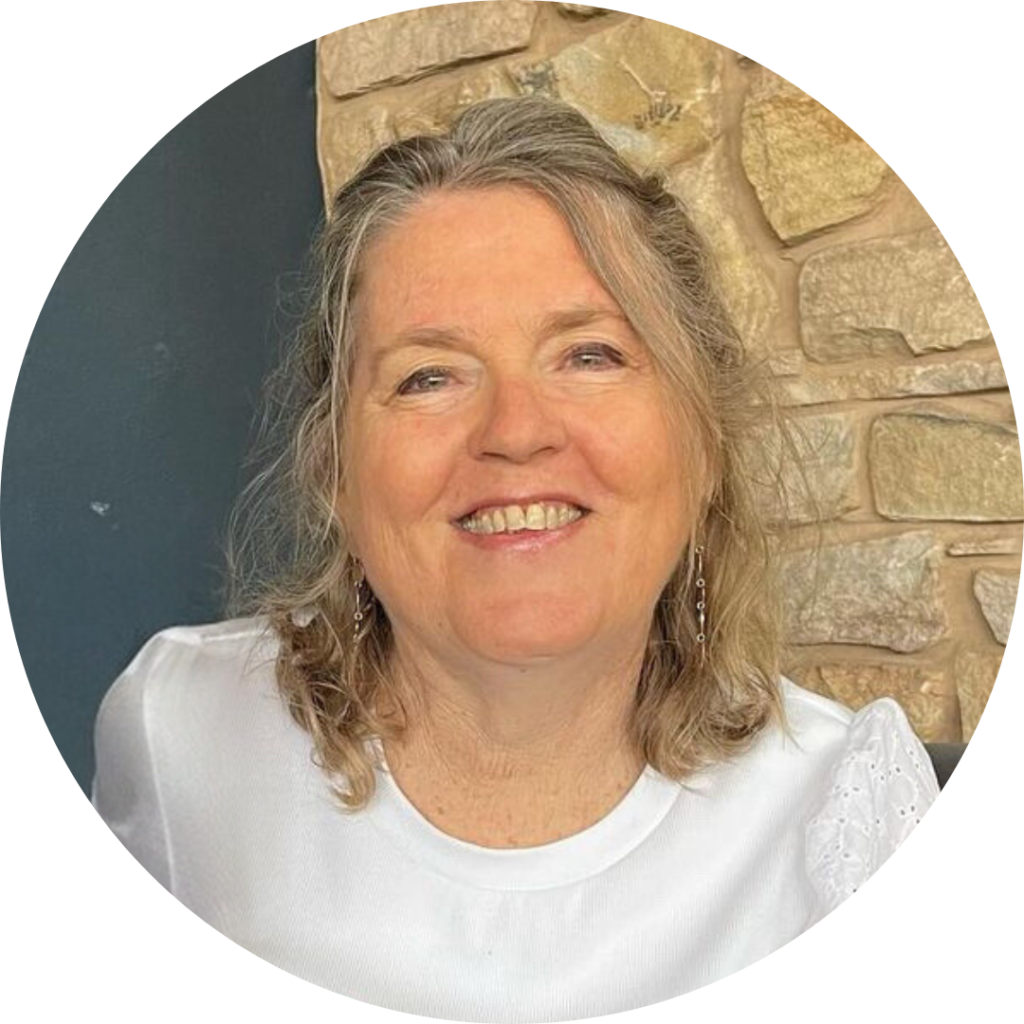
As educational science professor Philippe Carré reminds us, “we never learn without others”. Here, then, is a list of the five regrets, which Brownie Ware has compiled from real-life experience. We can learn from them and apply them to our own lives.
1.I wish I’d had the courage to live a life true to myself, not the life others expected of me
Bronnie Ware explains that this is the most common regret.
People would tell themselves that their lives would end without having achieved their life goals, knowing that this was due to the choices they had or hadn’t made.

When we realize that our life is coming to an end and review it, it becomes clear that many dreams have remained unfulfilled, and this is normal.
Sometimes, because of our natural need to be accepted by others, we don’t dare go after what we really value.
We conform to what society dictates and prioritize pleasing those around us rather than ourselves. But as psychologist Karen Demange reminds us, trying to please everyone can seriously damage our mental health and create anxiety.
It’s essential to determine what we like, and to give ourselves the means to realize some of our cherished dreams. But there’s no need to put overwhelming pressure on ourselves.
Let’s not forget that taking care of ourselves and listening to ourselves is important. We are responsible for accepting or refusing certain decisions and making sure that they are in line with our own choices.
Let’s Start with Self-Compassion
Writing the pages of our life can begin with reconnecting with our body.
- Think of a time when someone you love was not doing well.
- Recall your behavior towards this person: the gestures, the words you said to them. Now, think of a time when you yourself were not doing well. Notice how you behaved towards yourself: the gestures, the words you addressed to yourself.
- Observe the differences. Often, we are much gentler and kinder to others and harsher towards ourselves.
This practice can help us notice these differences and cultivate a more compassionate attitude towards ourselves and others, which can be useful in all circumstances.
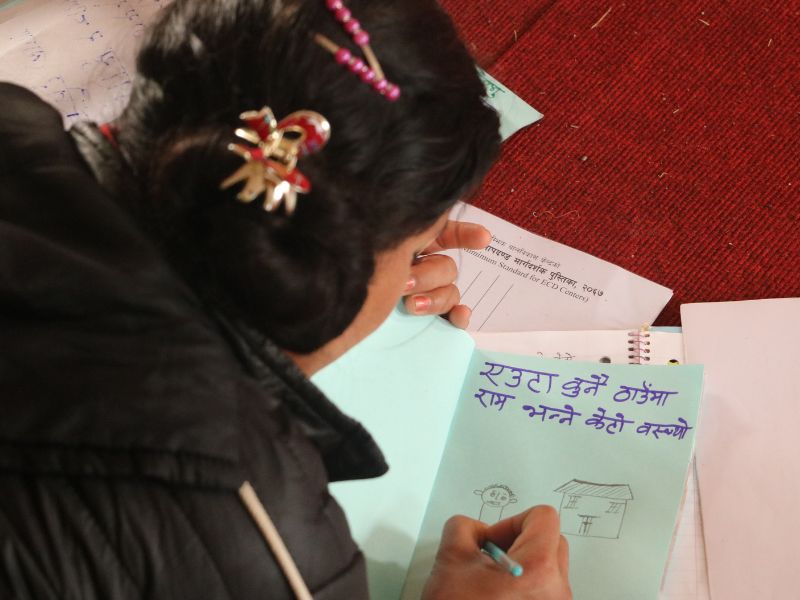
2. I Wish I Hadn’t Worked So Hard
Bronnie Ware observed this regret in every male patient she took care of. Women expressed it too, but being from an older generation, most were responsible for running their household. All of the men deeply regretted spending so much time on their careers. They missed their children’s childhood and the companionship of their partners.

Today, both men and women often prioritize their professional lives. According to a study, 39% of employees feel they do not have a good balance between their personal and professional lives.
Let’s think about finding a balance to flourish. Aren’t we often influenced by values that enhance our well being , such as success and achievement? This complex dynamic, influenced by our instinctive need for social acceptance, can significantly affect our well-being. As we approach the end of life, realizing that the story we’ve written is not the one we wanted can be brutal.
Could it be possible to find a balance between personal meaning, work, and necessary income according to our wishes and values?
Identify What Drives Us
Find what motivates us to get up in the morning. The Japanese method Ikigai (“reason for being”), popularized by psychologist Akihiro Hasegawa, can help us in five steps:
- List what you love to do (hobbies, relationships, activities…);
- List the areas in which you are proficient, whether enjoyable or not;
- Consider areas that can provide a form of recognition (financial, social, relational…);
- Identify activities (small or large) that can bring positivity to the world;
- Cross-reference the answers to find activities you love that can make the world better, activities the world needs that can bring you recognition, and activities in which you are proficient.

This method will help you begin an introspective journey to find a good balance between professional life and personal convictions.
3. I Wish I Had the Courage to Express My Feelings
Bronnie Ware observed that many people suppressed their feelings out of fear of being rejected by others. However, this fear prevented them from reaching their full potential. Some even developed mental health issues related to accumulated bitterness and resentment.

Although we cannot control others’ reactions, it is crucial to express our feelings respectfully and constructively.
By speaking honestly, people can change their behavior towards us, leading to either a healthier relationship or the end of a toxic one.
In both cases, we grow and align better with ourselves.
Free Ourselves from Emotional Burdens
Vulnerability is at the core of shame, fear, and our struggle for worthiness, but it appears that it is also the birthplace of joy, creativity, belonging, and love.
Brené Brown
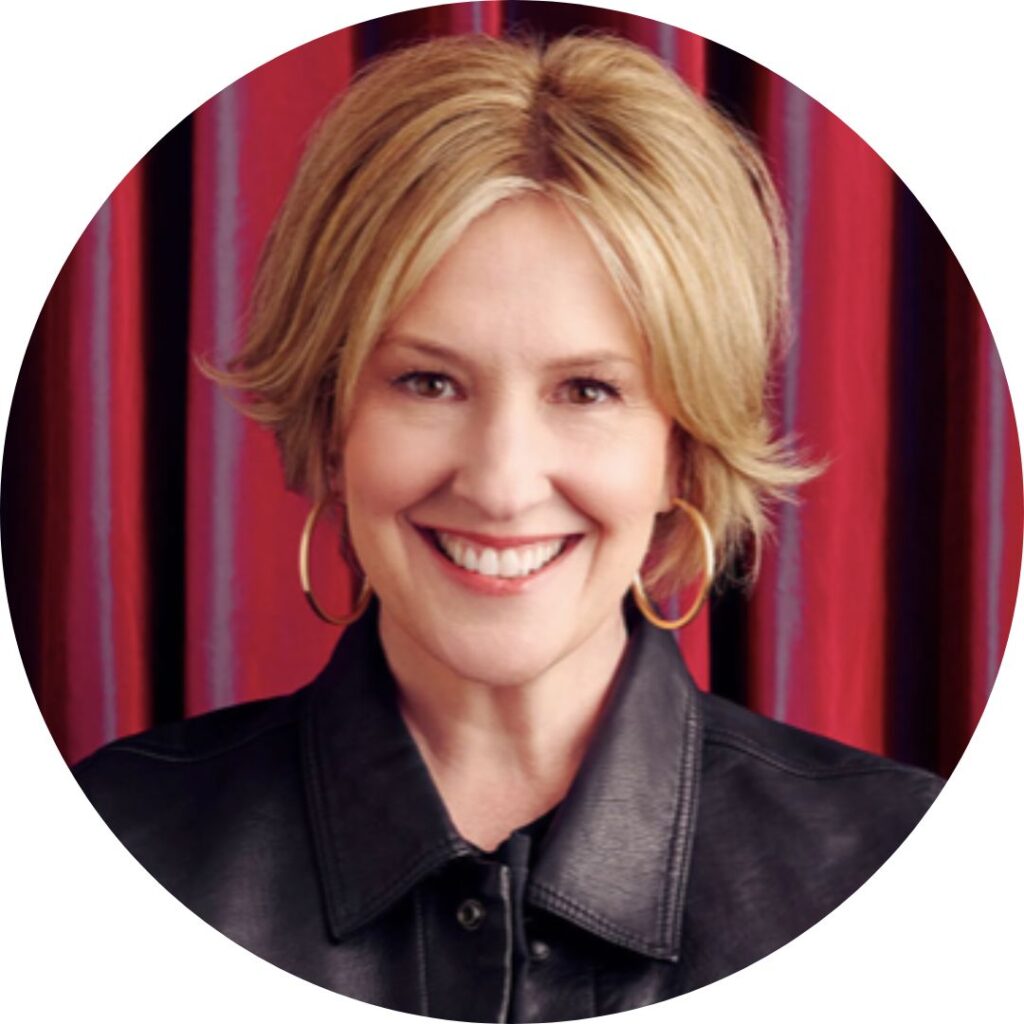
Let’s dare to express what we feel. Instead of being controlled by our feelings, some of which we may perceive as weaknesses, we can learn to embrace our vulnerability, which can give us the courage to express our feelings and welcome our emotions.
Some ways to help us include:
- Dare to show vulnerability: Be grateful and recognize the positive in a situation.
- Practice self-compassion: Adopt a kind attitude towards yourself.
- Express a need to someone.
4. I Wish I Had Stayed in Touch with My Friends
People often don’t realize the benefits of old friends until their last weeks, and it’s not always possible to find them again.
Bronnie Ware
Many people, absorbed in their daily lives, let precious friendships fade away. They often express deep regret for not giving these relationships the time and effort they deserved.
According to therapist Christina Wrinkler, losing a friendship is like losing a part of oneself, leading to imbalance and deep emotional pain.
It is essential to cultivate quality human relationships. As social animals, having kind human interactions is one of the main factors promoting happiness (according to Robert Waldinger and Marc Schultz).
They enrich our journey and help us face life’s challenges.

Prioritize Quality Relationships
Interacting with others brings joy, reduces stress, and increases self-esteem.
On the other hand, negative relationships send stressful messages to the brain, plunging the individual into a state of anxiety.
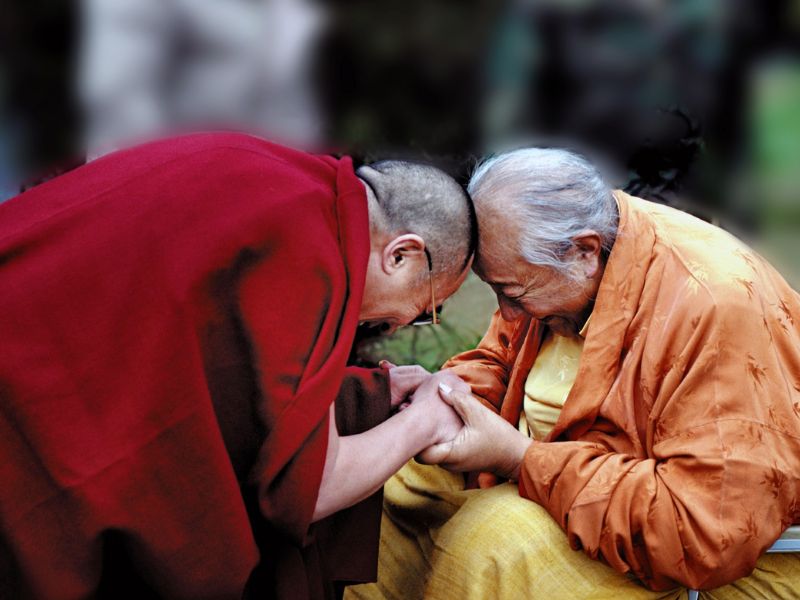
To cultivate quality relationships, we can:
- Communicate with loved ones: Send them a message or call them from time to time, even if it’s just for a short exchange.
- Engage in activities related to our values: Volunteering , can help us meet people with similar interests.
- Practice active listening: Show interest in what others have to say and be mentally and emotionally present.
- Express gratitude: Let the people around us know how much they impact our lives and matter to us.
By integrating these practices into our daily lives, we can strengthen our human relationships and create meaningful bonds that will enrich our existence.
5. I Wish I Had Allowed Myself be Happier
The regrets mentioned by Bronnie Ware reflect a tendency to neglect happiness and focus on pleasure in the process of building a life. According to researcher Robert Luftig, pleasure is “short-lived, instinctive, material, and solitary” and creates a form of addiction in the brain because we always want more. Happiness, on the other hand, is long-lasting and contributes to fulfillment.
The fear of change had led patients to pretend they were happy. However, deep down, they aspired to give more meaning to their lives and find more happiness and lightness.
To be happy, as paradoxical as it may seem, we must accept that we are going to die. This is one of the main steps to bring more meaning to existence.
Since it is a non-negotiable truth, it should be seen as a “tool for living” rather than something frightening, as suggested by clinical psychologist Susan Krauss Whitbourne.
In their book, Christophe André, Christophe Fauré, Steven Laureys, and Matthieu Ricard explain that awareness of death allows us to reconnect with ourselves and what is dear to us. It leads to greater tolerance, compassion, and even environmental awareness. It also impacts our health, pushing us to make better choices, like exercising more and not smoking.

Live with Awareness of Our Impermanence
Since we are all going to die one day, the question to ask to make our existence enjoyable is what we want to do with the time we have.
As Susan Krauss Whitbourne says, almost all regrets come from the lack of courage to live according to what our heart tells us. The secret is to follow it, letting go of the need to know and control the future.
Life is made of choices. Let’s choose consciously, wisely, and honestly. Allow ourselves to seek what truly makes us happy. Simply choose happiness.
Perfection comes in small everyday moments by making enlightened choices about how to live your life.
Christophe André, Christophe Fauré, Steven Laureys et Matthieu Ricard
Let’s draw inspiration from these regrets and realizations
Let’s take these testimonies as lessons to apply to our own lives, especially in our relationships with others. They can help us find the necessary motivation to give more meaning to our existence. The key to happiness lies in our ability to live authentically, with the courage to follow our hearts and make enlightened choices.
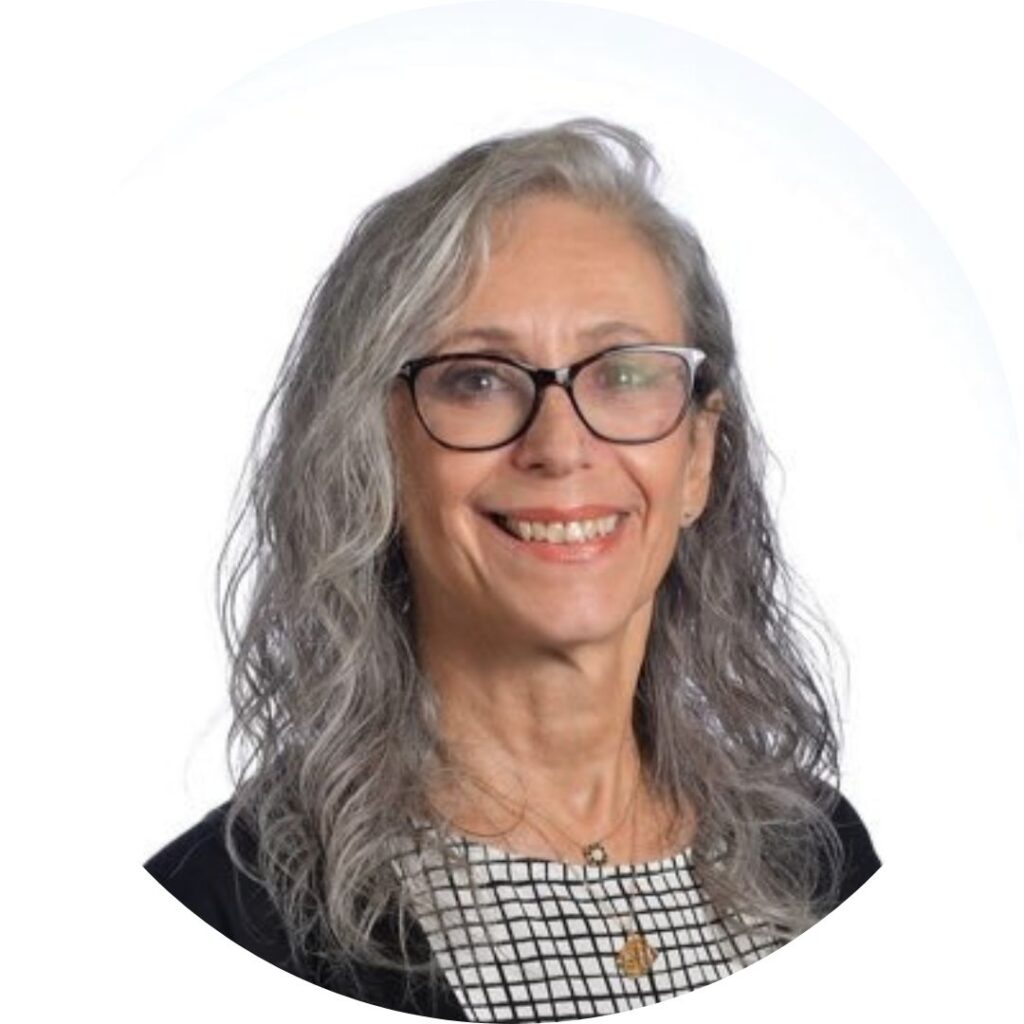
I realized that I was fortunate to hear these life lessons and that if I didn’t take them into account, I would regret it.
Susan Krauss Whitbourne
As we reflect on our lives, let’s think about our legacy. Generosity and altruism can transform lives and perpetuate our impact far beyond our own existence.
Bequests offer meaningful ways to sustainably support solidarity programs. Our generosity and kindness can live on and inspire people long after we are gone.

